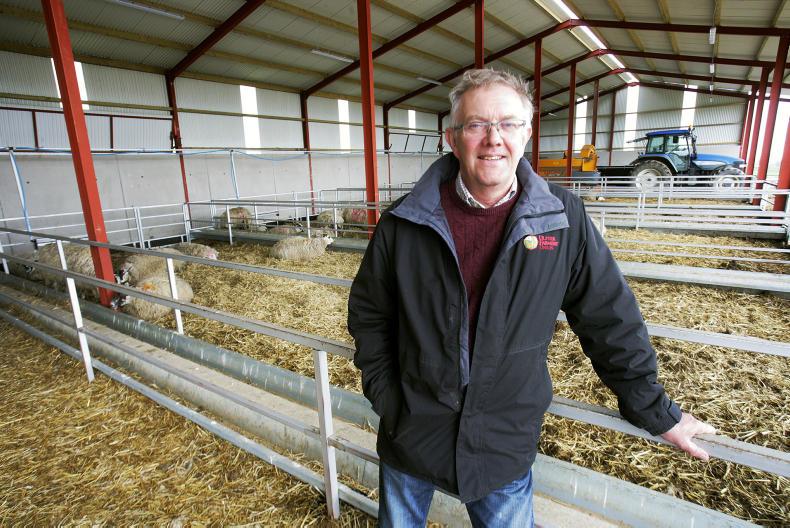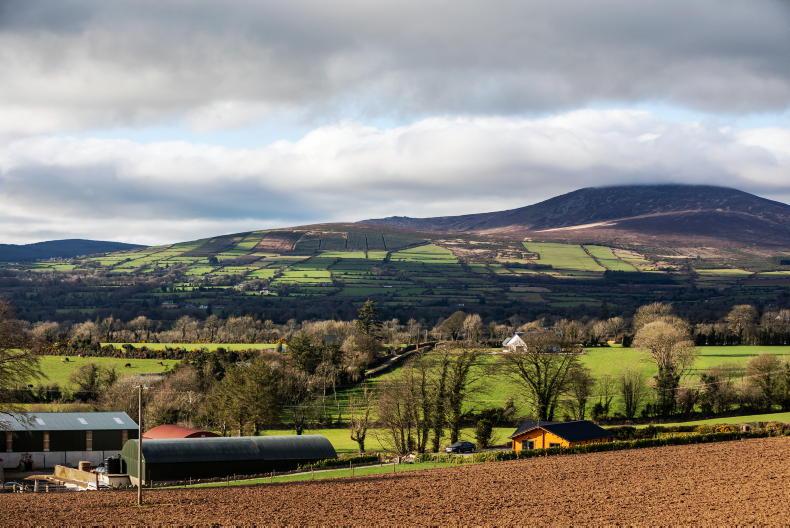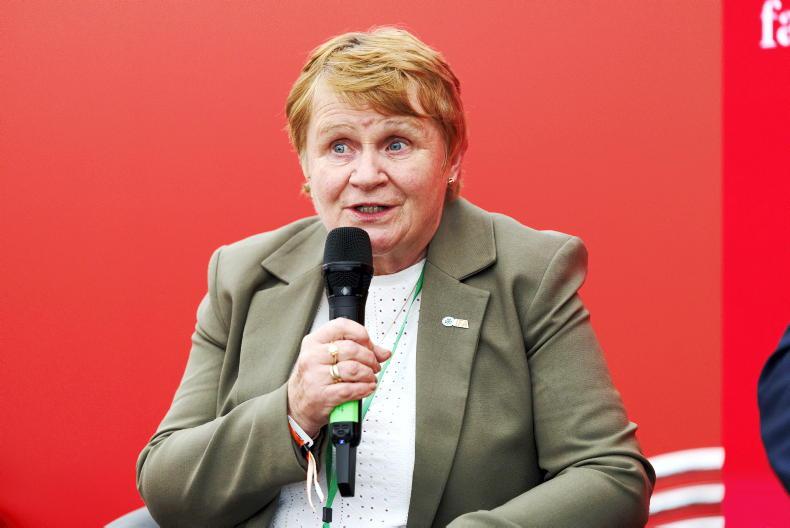Leaders from the Ulster Farmers’ Union (UFU) have told a committee of Westminster MPs that NI should retain the right to make area payments to farmers after the UK exits the EU.
Describing it as a way of taking “volatility out of our farming system”, UFU president Ivor Ferguson emphasised the importance of making policies suited to NI agriculture.
“We have so many small family farms, and if we took the area payments away completely, that would have a devastating effect moving forward,” he told a group of MPs currently scrutinising the UK Agriculture Bill.
At present in NI, the average direct payment is worth approximately £118 per acre. While accepting that a future area payment should be at a significantly lower level, Ferguson did not put an actual figure on it.
It is understood that payments anywhere between £20 and £50 per acre have been discussed internally within the UFU.
Ultimately, it is about finding a balance between giving farmers some protection against volatile prices, but at the same time, not over-inflating conacre prices or encouraging unproductive farmers to hang on to land.
If for example, NI chose to go with a payment worth £30 per acre, it would be a total bill of approximately £74m, well short of the £300m coming in direct payments at present.
However, Ferguson was clear that he wants that £300m in support to continue, and potentially even be increased if trade deals go against farmers after Brexit. His vision is for the remaining funds to be directed at active and productive farmers who are also looking after the environment.
“Farmers who are actively farming and doing a good job should perhaps receive greater payments,” he suggested.
In addition, UFU chief executive Wesley Aston put it to the group of Westminster MPs that there is an opportunity to pilot some new programmes in NI, specifically designed to attract more young farmers into the industry, and also to encourage longer-term leasing of land.
“We would like to address those two broad areas fairly quickly” said Aston, although he acknowledged that tax incentives to encourage longer-term land tenure is currently not a devolved matter.
Read more
NI farmers need clarity on subsidies before Brexit – report
UK edging closer to a sensible Brexit
Leaders from the Ulster Farmers’ Union (UFU) have told a committee of Westminster MPs that NI should retain the right to make area payments to farmers after the UK exits the EU.
Describing it as a way of taking “volatility out of our farming system”, UFU president Ivor Ferguson emphasised the importance of making policies suited to NI agriculture.
“We have so many small family farms, and if we took the area payments away completely, that would have a devastating effect moving forward,” he told a group of MPs currently scrutinising the UK Agriculture Bill.
At present in NI, the average direct payment is worth approximately £118 per acre. While accepting that a future area payment should be at a significantly lower level, Ferguson did not put an actual figure on it.
It is understood that payments anywhere between £20 and £50 per acre have been discussed internally within the UFU.
Ultimately, it is about finding a balance between giving farmers some protection against volatile prices, but at the same time, not over-inflating conacre prices or encouraging unproductive farmers to hang on to land.
If for example, NI chose to go with a payment worth £30 per acre, it would be a total bill of approximately £74m, well short of the £300m coming in direct payments at present.
However, Ferguson was clear that he wants that £300m in support to continue, and potentially even be increased if trade deals go against farmers after Brexit. His vision is for the remaining funds to be directed at active and productive farmers who are also looking after the environment.
“Farmers who are actively farming and doing a good job should perhaps receive greater payments,” he suggested.
In addition, UFU chief executive Wesley Aston put it to the group of Westminster MPs that there is an opportunity to pilot some new programmes in NI, specifically designed to attract more young farmers into the industry, and also to encourage longer-term leasing of land.
“We would like to address those two broad areas fairly quickly” said Aston, although he acknowledged that tax incentives to encourage longer-term land tenure is currently not a devolved matter.
Read more
NI farmers need clarity on subsidies before Brexit – report
UK edging closer to a sensible Brexit










SHARING OPTIONS